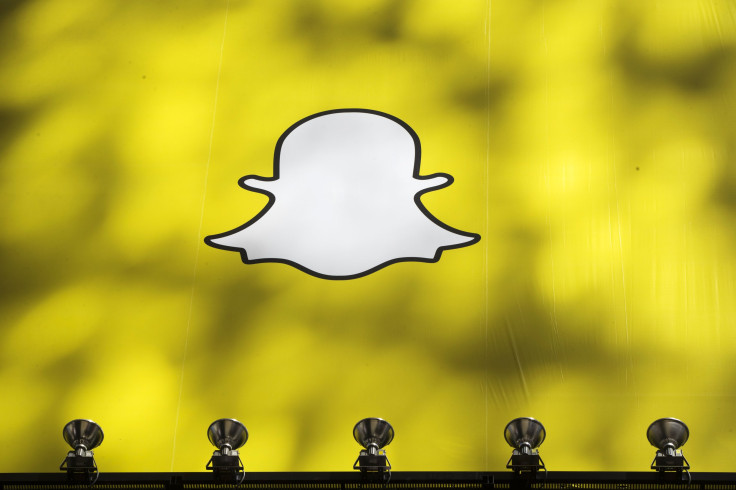Snapchat Founder Evan Spiegel Says Company Is Planning IPO

Evan Spiegel, founder and CEO of the messaging service Snapchat, said on Tuesday that the company's planning an initial public offering and ruled out the possibility of selling his company. Snapchat, which is currently valued at over $15 billion, had turned down a $3 billion offer from Facebook in 2013.
“We need to IPO, we have a plan to do that,” Spiegel said Tuesday, according to Fortune. “An IPO is really important.”
Speaking at the Code tech conference in Southern California, Spiegel remained vague about the details of the plan. "We believe great businesses have multiple sources of revenue," he told reporters after the talk, CNBC reported.
In a separate interview with Bloomberg Business on Tuesday, Spiegel also ruled out advertising within messages, and added that he was uncomfortable with targeted ads like those used by Facebook and Google.
“It’s definitely weird when a vacuum follows you around the Internet,” he told Bloomberg, referring to the amount of consumers' personal data demanded and stored by online companies.
Spiegel's comments about the company being serious about an initial public offering seemingly closes the door on any possibility of a buyout. Spiegel also said at the conference that Snapchat was "much more interested in increasing engagement than getting big."
Snapchat has partnered with media companies like CNN and Vice, signaling the company’s growing clout, despite criticisms of its ephemeral content and unintuitive interface, which the New York Times has called a “cross between a weird Japanese animation and a 1980s sitcom.”
Earlier this year, the company also rolled out its Discover section, where Snapchat’s partners publish short video news content, as well as a money-sending service known as “Snapcash.”
Snapchat now boasts over 100 million daily users who view over 2 billion videos a day, Bloomberg reported, and accounts for over 75 percent of all cellular messaging data in the U.K.
© Copyright IBTimes 2025. All rights reserved.





















